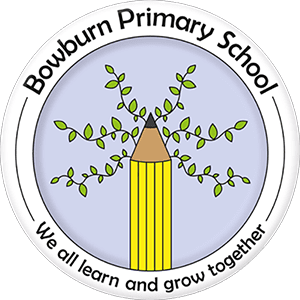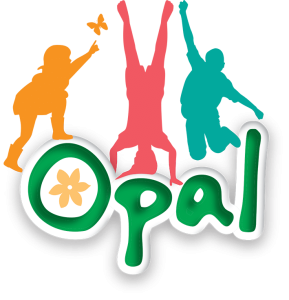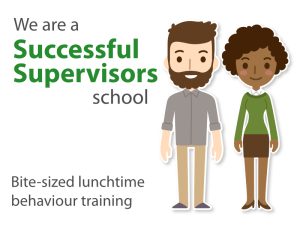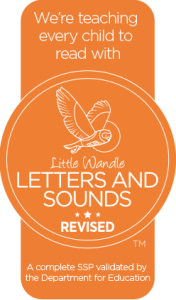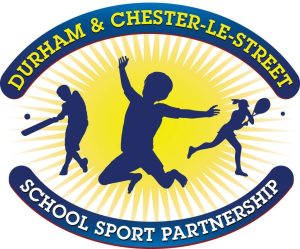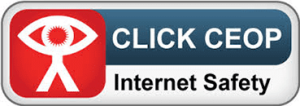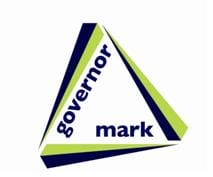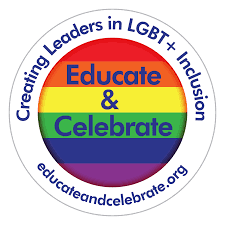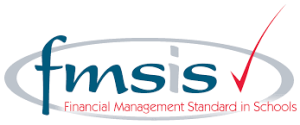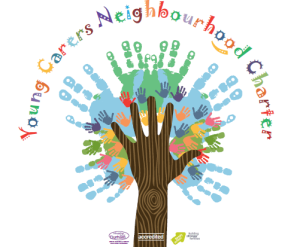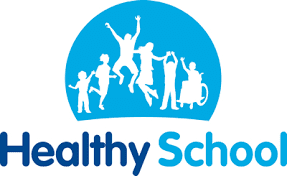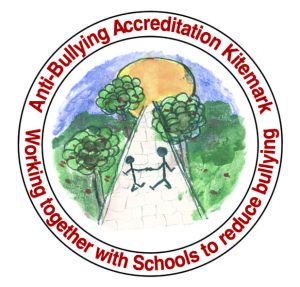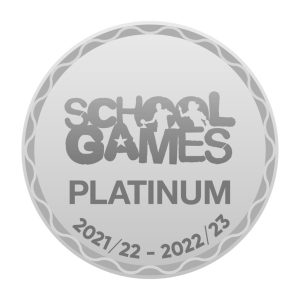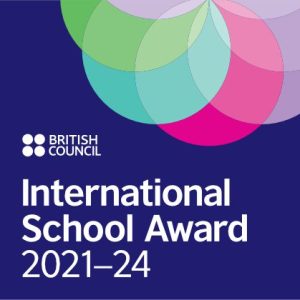Support for Literacy:
- Every year group:
- Flexible small group support – meaning your child will have more time with the teacher.
- Individual support – on a one-to-one basis for high support levels.
- Adapted activities and materials, enabling learning objectives to be met by all.
- Adapted questioning, in order to make activities accessible with vocabulary simplified where necessary.
- Use of different learning approaches (visual/auditory/kinaesthetic)
- Resources and displays which support independence, such as a visual timetable, reminders and lesson cues.
- Routine feedback to pupils so they know what aspects of their work they are doing right and which they need to improve on.
- Pre-teaching of key vocabulary, so they are familiar with words used in subsequent lessons.
- Homework club, allowing a greater amount of teacher-pupil time.
- Literacy/maths Booster clubs (for Year 6 pupils) which enable key information to be repeated/approached and consolidated.
- Reciprocal Reading/guided reading groups to cover key skills of reading; how to find information in a text and skills involved in inferring details.
- Little Wandle ‘Catch Up’ programmes for phonics
Support for Numeracy:
- All Year groups;
- Individual support
- Flexible small group support
- Adaptation of activities and materials
- Adapted questioning
- Use of different learning approaches (visual/auditory/kinaesthetic)
- Resources and displays which support independence
- Routine feedback to pupils
- Use of ‘concrete’ resources to support maths learning
- Pre-teaching and post teaching methods and strategies
Extra-Curricular Activities
Where possible, provision will be made for all pupils to access all areas of the curriculum including extra-curricular activities. We will always contact you before a planned activity if we think your child may require additional support to meet required health and safety standards. This may involve a specific risk assessment to identify any additional support needs your child may have to ensure full participation.
Support for children with significant learning difficulties:
- Flexible small group support
- Adaptation of activities and materials
- Adapted questioning
- Use of different learning approaches (visual/auditory/kinaesthetic)Resources and displays which support independence (eg. Visual timetables, laptop use)
- Routine feedback to pupils
- Environmental factors such as classroom layout, seating position etc
Support for children with physical needs:
- Flexible small group support
- Some differentiation of activities and materials
- Use of different learning approaches (visual/auditory/kinaesthetic)
- Resources and displays which support independence
- Routine feedback to pupils
- Environmental factors such as classroom layout, seating position etc
- Awareness that some tasks may require extra time or be undertaken differently
- Rest breaks and opportunities to sit down
- A range of alternative equipment (chunky pencils/adapted scissors etc)
Support for children with speech, language and communication needs:
- Flexible small group support
- Some differentiation of activities and materials
- Use of different learning approaches (visual/auditory/kinaesthetic)
- Resources and displays which support independence
- Routine feedback to pupils
- Environmental factors such as classroom layout, seating position etc
- Awareness that some tasks may require extra time or be undertaken differently
- Rest breaks and opportunities to sit down/rest joints etc
- A range of alternative equipment (chunky pencils/adapted scissors etc)
- Weekly movement and balance group to work on core stability and control over movement, reflexes etc.
- Motor skills and co-ordination group, focusing on control over equipment, including games.
Support for children with a hearing, visual or multi-sensory impairment:
- Flexible small group support
- Some differentiation of activities and materials
- Use of different learning approaches (visual/auditory/kinaesthetic)
- Use of different appropriate responses
- Resources and displays which support independence
- Routine feedback to pupils particularly with verbal and communication skills
- Understanding that needs of the child may have a wider impact on their overall wellbeing
- Providing visual support such as story sacks and pictures
- Increased time to offer verbal responses
- Interaction strategies that support SLC such as pausing, scribing etc
- Awareness that some tasks may require extra time or be undertaken differently
Support for children with social, emotional and mental health difficulties:
- Flexible grouping arrangements
- Established routines and secure and explicit boundaries
- Some differentiation of activities and resources
- Awareness that some tasks may require extra time or be undertaken differently
- Understanding that outcomes of lessons may differ vastly when compared to others
- Resources and displays which support independence
- Routine feedback to pupils
- Clear rules and expectations across staff
- Classroom organisation – seating and group dynamics
- Nurturing classroom approaches
- Offering pupils to take on responsibilities
- A well-informed understanding of which teaching/learning approaches are successful with children needing support.
- 1-1 support from School Counsellors
- 1-1 support from Parent Support Advisor
Support with children with Medical Needs:
To view the support offered , please view the DCC policy:
Supporting Children with Medical Needs (DCC 2017)
Support for children with English as an Additional Language:
- Vocabulary lists
- Visual timetables
- Multi-lingual timetables available
- 1:1 weekly support to focus on verbal language and grammar skills.
- Support from EAL team at DCC when appropriate.
- Support for Looked after Children with SEND:
- Assigned adult for pupils to go to with curriculum issues (homework, understanding of concepts etc)
